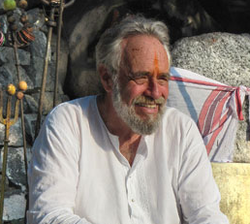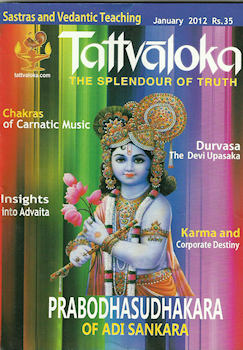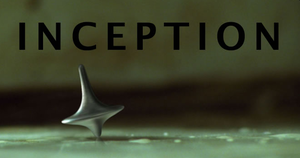Q: I read about the above topics in your book and struggled with them, not only because there are a number of things to remember, but also because how exactly they function is complex.
I thought about what you said regarding svadharma and how not going with it, with the example of Arjuna in the Bhagavad Gita, would have been bad for ones karma and thought about Hitler.
You might say that it was Hitler’s svadharma to do as he did and that to go against that, in other words, to be an ordinary politician or something for example, would have given rise to bad karma for him, the same way as going against his duty would have caused Arjuna bad karma, as explained by Krishna: ‘slay thy foes’. But then that seems unfair to him (Hitler), since surely his ‘bad actions’ (genocide, etc.) that his svadharma would have had him following would have brought him bad karma any way, so either way, things, from that perspective, looked pretty bleak for him? Then one might say that what Hitler did was not really his svadharma, but this I personally would agree with, as a ‘person’ cannot act outside of Brahman, that is, everything we do, feel, think is Brahman, so even Hitler’s ‘evils’ were also Brahman? Continue reading →
 A series of posts, presenting a new translation and commentary by James Swartz on the Panchadasi. This was presented by James as a week-long course during July 2012 and was very well received.
A series of posts, presenting a new translation and commentary by James Swartz on the Panchadasi. This was presented by James as a week-long course during July 2012 and was very well received.



